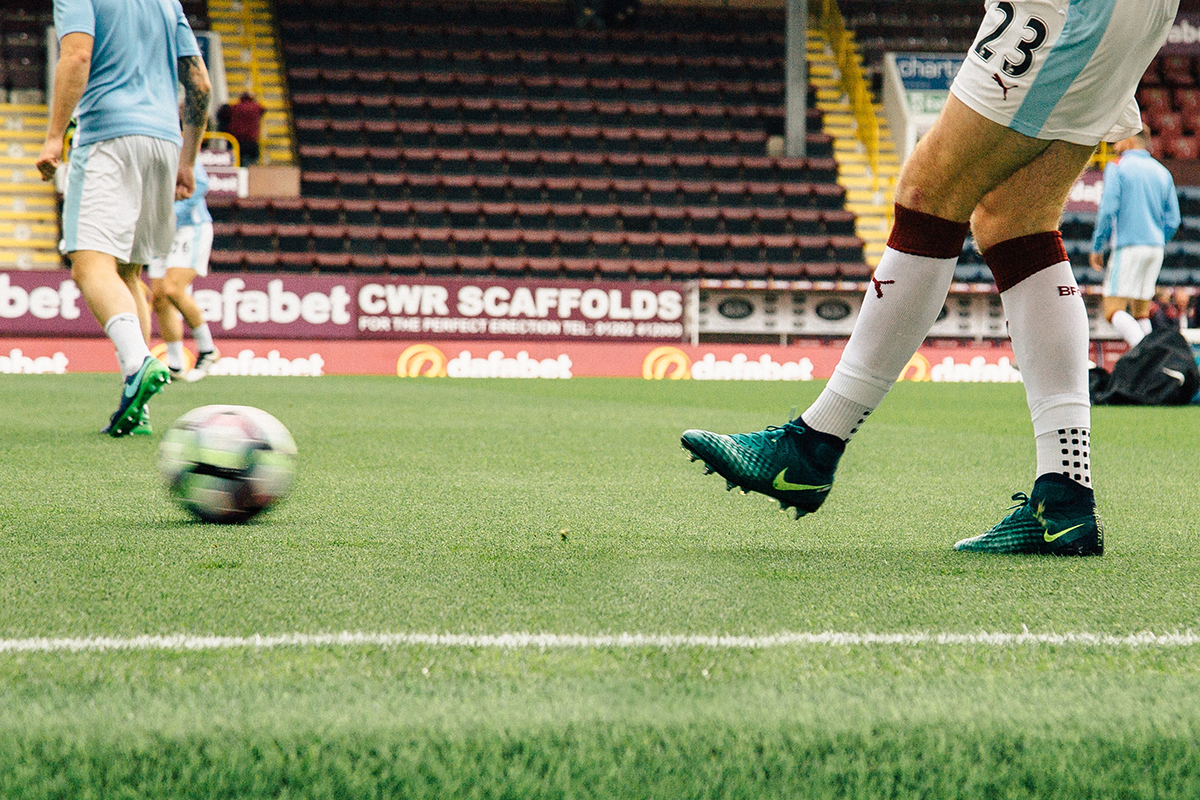What is OCD?
Obsessive compulsive disorder (OCD) is a mental health condition that affects athletes. OCD occurs when a person gets caught in a cycle of obsessions and compulsions.
- Obsessions are intrusive thoughts, images, or urges that come up over and over again and feel outside of an athlete’s control. These obsessions cause great discomfort and distress.
- Compulsions, or rituals, are behaviors an athlete feels they have to do to get rid of the bad feelings from the obsessions. These behaviors can be both physical and mental.
In general, OCD is diagnosed when these obsessions and compulsions become so time-consuming that they negatively interfere with your life. Typically, the obsessions and compulsions become gradually more severe over time until they get to this point.
Among racial and ethnic minorities, OCD symptoms may be influenced by negative stereotypes, racism, or one’s racial identity. For example, fear of validating false racial stereotypes may contribute to OCD-related anxieties.
Treatment
The treatment for OCD is cognitive behavioral therapy (CBT) and/or medication. For certain types of anxiety and for OCD specifically, a type of CBT called exposure and response prevention therapy is the best treatment.
The exposure in ERP means exposing yourself to thoughts, images, objects, or situations that may make you anxious. The response prevention part of ERP means you make a choice to not engage in compulsive behavior. This may sound hard, but it is done with the help of a professional therapist. Learn more about CBT/ERP, and learn more about how to find the right therapist.
 Medication can also help treat anxiety/OCD, especially if your symptoms are really severe and intense. The type of medications used for anxiety/OCD are called serotonin reuptake inhibitors (SRIs). This medication should be administered by a licensed medical mental health professional, such as a pediatrician or psychiatrist. Learn more about medication for anxiety/OCD.
Medication can also help treat anxiety/OCD, especially if your symptoms are really severe and intense. The type of medications used for anxiety/OCD are called serotonin reuptake inhibitors (SRIs). This medication should be administered by a licensed medical mental health professional, such as a pediatrician or psychiatrist. Learn more about medication for anxiety/OCD.
For BIPOC youth, experiences of discriminatory encounters may contribute to increased anxiety and mental health concerns. Racial socialization, or transmitting culture, attitudes, and values to prepare youth to cope with racial discrimination, may be an essential component of effective anxiety/OCD treatment for BIPOC youth. Learn more about racial socialization, and find a multicultural or racial trauma-informed therapist.



